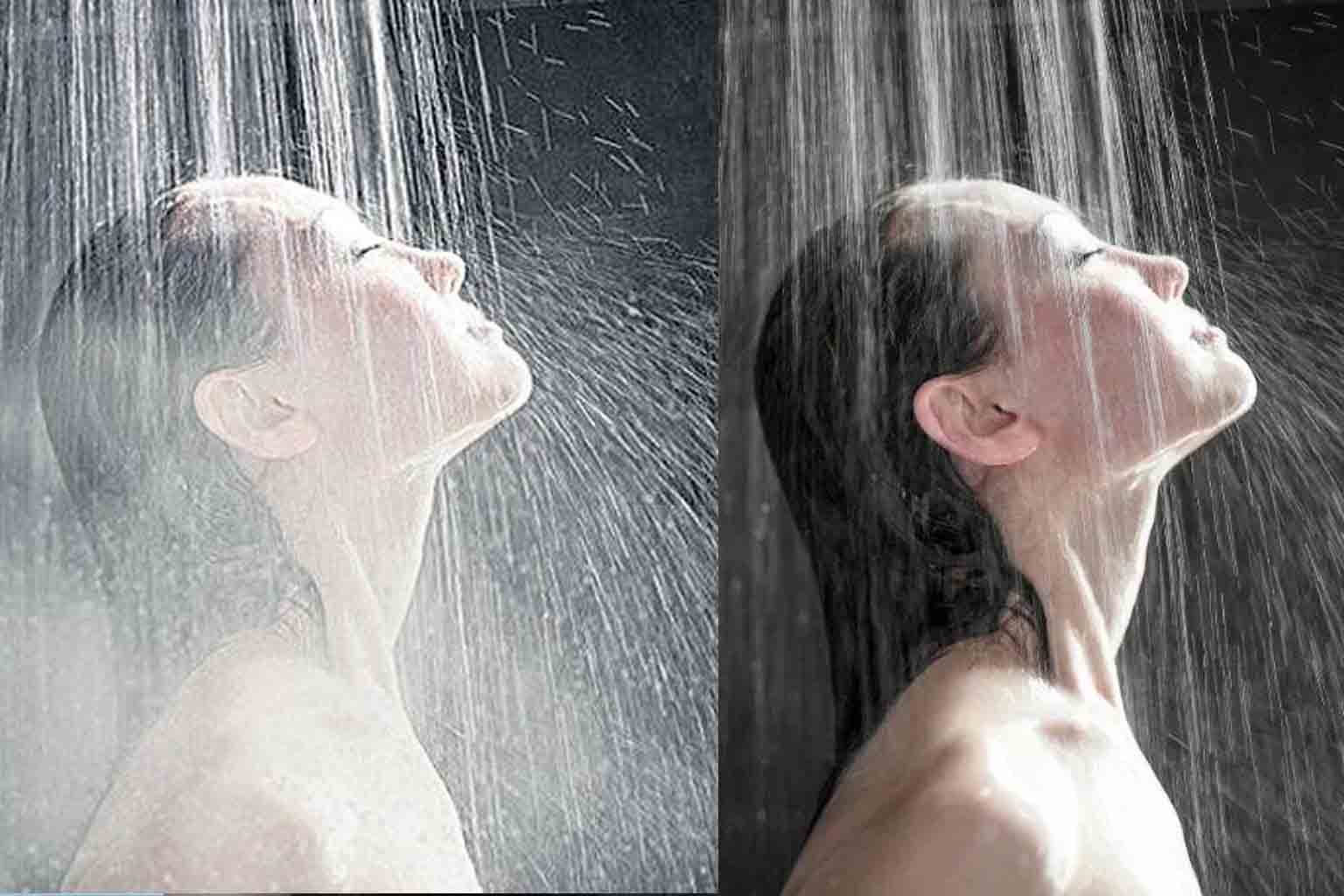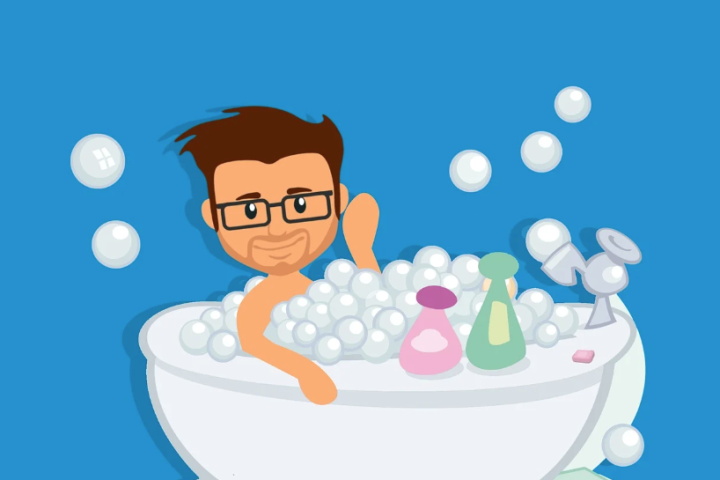Who doesn’t enjoy taking a long, steamy shower after a long day? Or, maybe more pertinently at this time, a chilly one in the midst of a heat wave? Science has investigated our propensities for taking showers to determine the precise causes, as it does with everything people like.
It turns out that taking a hot or cold shower affects the body extremely differently, and there is a better approach.
Warm Showers
The preferred method of bathing for the majority of us is a hot shower. Additionally, most of us have fairly predictable preferences when it comes to shower temperatures; on average, we like the water to be between 40 and 41°C (104 and 106°F), according to research presented at the 2018 Joint International Conference on Water Distribution System Analysis and Computing and Control for the Water Industry.
That illustrates one clear advantage of showering when the temperature is higher: it’s just better. They’re calming: studies have shown that hot showers can improve our quality of sleep and that hot water can possibly even aid with chronic illnesses like osteoarthritis by easing bodily tension and easing tired muscles.
The circulation can also be helped by hot showers. Immersion in warm water has been found to alleviate arterial stiffness, which plays a significant role in the development of cardiovascular diseases, and blood flow in persons with chronic heart failure. The body’s blood vessels widen when exposed to heat.
However, taking a hot shower has its consequences. According to dermatologist Sejal Shah, “Hot water strips the skin of its natural oils resulting to dry, itchy skin and eventually eczema.” Similar to cold water, hot water can deplete the hair’s natural oils, leaving it drier.
The result of reducing blood pressure might have both positive and negative effects. Interventional cardiologist Hassan Makki wrote for CIC Centers, “I must have heard a similar tale at least a dozen times; a person is having a hot shower, gets lightheaded, and wakes up in a pool of blood following a head injury.
Makki described it as vasovagal syncope and noted that hot showers are a common setting for it to occur.
As a way for the body to cool down, the heat has already caused a significant amount of blood to be moved to the surface tissues, according to Makki. Even a minor drop in blood pressure can result in syncope when there is less blood available in the tank, as it were.
Cold Baths
How about chilly showers? In fact, doctors in the 18th and 19th centuries would prescribe them, often rather severely, as a cure-all for whatever they considered to be “insanity.” They are reported to be effective at reducing undesirable desires.
But do they have any concrete scientific evidence to back up their healthfulness? It’s true, but not for the treatment of mental diseases. Although the mechanism underlying the immune-boosting effects of cold showers is not fully known, it may have something to do with the sympathetic nervous system, which is activated by cold water and causes our fight-or-flight reflex, as various studies have suggested.
According to Lindsay Bottoms, Reader in Exercise and Health Physiology at the University of Hertfordshire, “when this is engaged, such as during a cold shower, you get a surge in the hormone noradrenaline.” This is what most likely contributes to the rise in heart rate and blood pressure that is seen in response to exposure to cold water and is associated with the reported health benefits.
Even though it’s not a direct result of the water itself, cold water showers can nonetheless increase circulation. Hot showers do this more so. Instead, it’s believed to occur after the cold water stops because the body needs to work harder to warm up, increasing blood flow to the skin.
Additionally, extra effort results in additional calorie loss. It has been demonstrated that water as cold as 14°C (57°F) increases metabolism by a factor of 4.5, giving rise to claims that taking cold showers would help you lose weight. Brown fat, the type of fat believed to be the key to defeating obesity, is supposed to be triggered by low temperatures and stored primarily around the shoulders and neck, making it appear to be the ideal candidate for a shower-based weight-loss method. Finally, taking a cold shower has advantages for your mind. Bottoms noted that cold water applied to the face and neck has been demonstrated to enhance brain function in older persons, adding that there is a school of thought that claims cold water immersion increases mental attentiveness.
She continued, “A cold shower might also help reduce depressive symptoms.” A cold shower is said to deliver an excessive amount of electrical impulses from peripheral nerve endings to the brain, which may have an anti-depressive impact, because of the high density of cold receptors in the skin.
But once more, taking a very cold bath has risks. The body may experience cold-water shock if submerged in extremely cold water, according to Glen Coulson, a health and water specialist at Cladding Direct, who spoke to Metro.
“That could result in a variety of consequences, from heart attacks to hyperventilation.”





